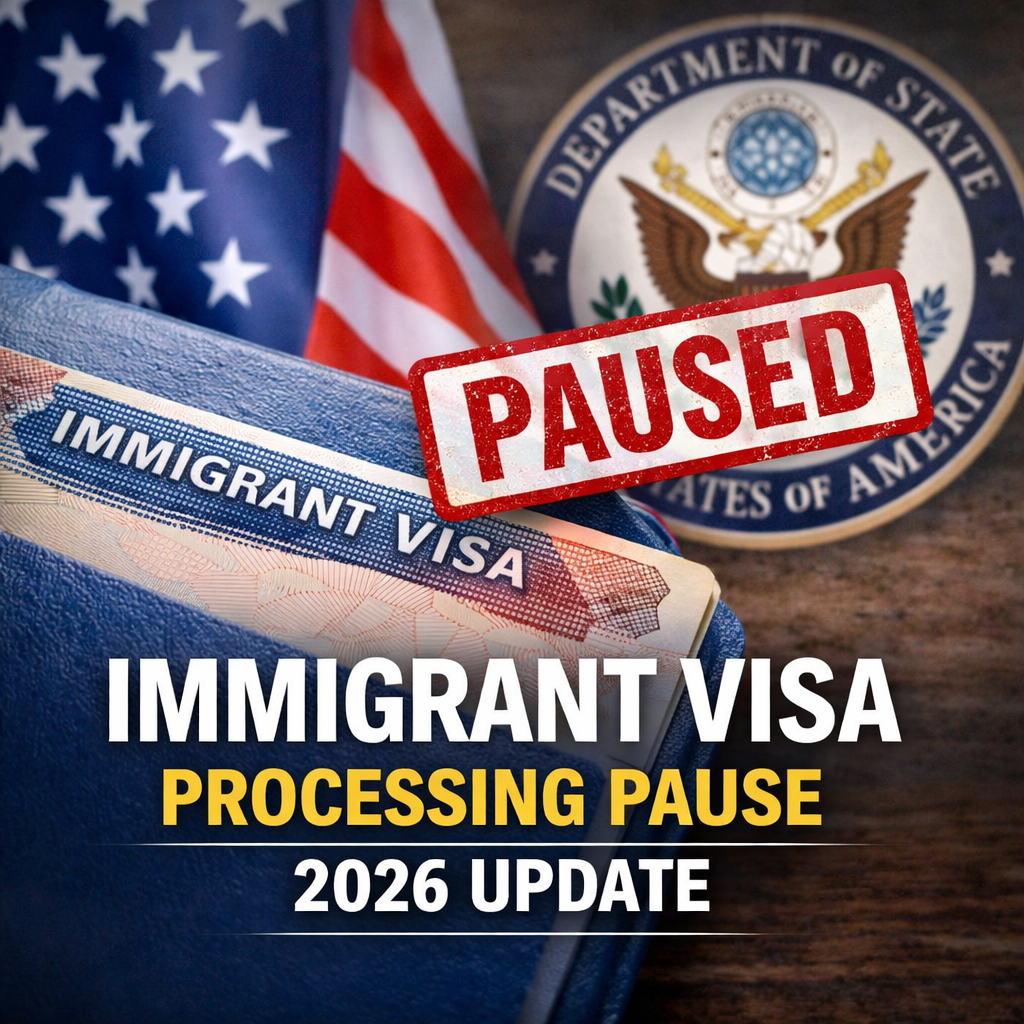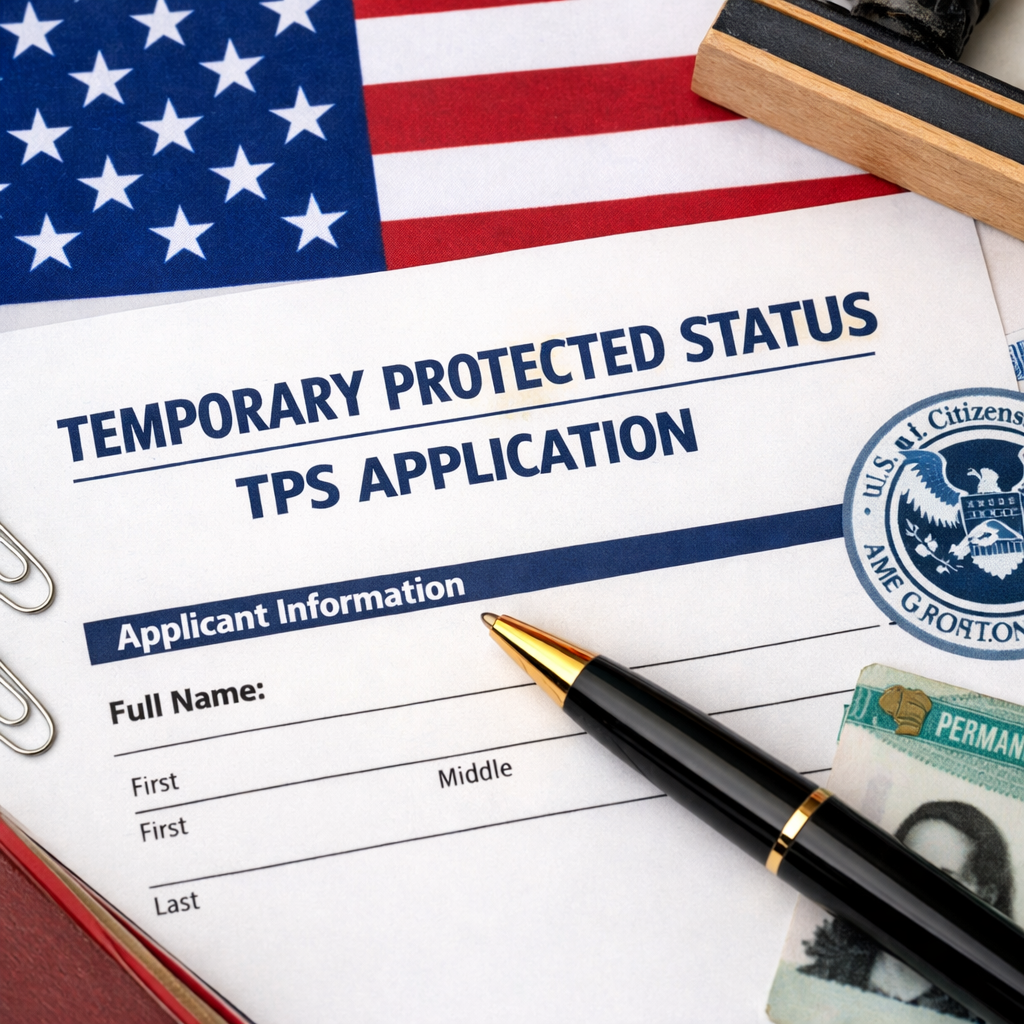 In a significant ruling on June 21, 2024, the U.S. Supreme Court delivered a pivotal decision in U.S. Department of State et al. v. Muñoz et al. (Case Number 23-334), addressing the scope of consular nonreviewability and its implications for U.S. citizens seeking judicial intervention in visa denials affecting their spouses.
In a significant ruling on June 21, 2024, the U.S. Supreme Court delivered a pivotal decision in U.S. Department of State et al. v. Muñoz et al. (Case Number 23-334), addressing the scope of consular nonreviewability and its implications for U.S. citizens seeking judicial intervention in visa denials affecting their spouses.
What is Muñoz About?
The case originated from U.S. citizen Sandra Muñoz’s challenge against the State Department after her husband, Luis Asencio-Cordero, a citizen of El Salvador, was denied a visa based on alleged ties to the international gang MS-13, which he vehemently denied. Muñoz argued that the denial infringed upon her constitutional rights to reside with her spouse in the U.S., invoking principles of due process and marital rights.
The Supreme Court took up this case on appeal from the Ninth Circuit’s decision holding that Muñoz had a constitutionally protected liberty interest in her husband’s visa application and therefore, a due process right to information concerning the visa denial. Identifying conflicting precedent in other circuits, the Court set out to resolve any such splits on this critical issue.
Key Takeaways from the Supreme Court’s Decision
In the 6-3 decision authored by Justice Amy Coney Barrett, the Supreme Court upheld the doctrine of consular nonreviewability, asserting that federal courts cannot reconsider visa denials impacting spouses of U.S. citizens. Barrett emphasized that such decisions fall within the realm of the political branches, highlighting the government’s authority over immigration policies and the admission of noncitizens.
Additionally, the majority opinion narrowly interpreted Muñoz’s asserted rights, concluding that she did not possess a fundamental liberty interest in her husband’s visa application. Specifically, the Court resolved any conflicting precedent between circuits by holding that U.S. citizens do not possess a fundamental liberty interest in their noncitizen spouses being admitted to the United States, and thus, do not warrant judicial review of their spouses visa denials under the Constitution.
What Impact Does the Munoz Decision Have?
By reaffirming the doctrine of consular nonreviewability and finding spouses to have no fundamental liberty interest, the Court’s decision effectively closes off any avenues for judicial review of consular denials. It further challenges precedents such as Kleindienst v. Mandel, which previously allowed challenges based on First Amendment rights in visa denial cases, diminishing the grounds for such challenges by denying the existence of a constitutional right to procedural due process.
The Muñoz decision has profound implications for future challenges to visa denials in federal courts, as it severely narrows the scope of permissible claims. Going forward, this will significantly limit the ability of via applicants and their attorneys to challenge consular decisions through traditional constitutional arguments.
Want More Information?
For the latest updates and insights into navigating consular and immigration law, we encourage you to stay informed through our firm’s resources and future updates. If you have questions regarding how this decision may impact you and your spouse, contact our experienced immigration attorneys today at (513) 334-3008.



